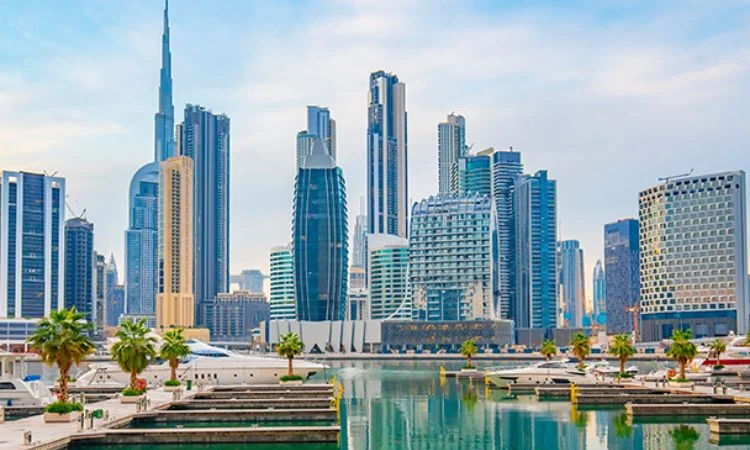Written by- Anusrita Ghosh
Since 2019, the main growth driver has been the problem of Green Sukuk. The UAE is arguably a regional leader in this regard. As Green Sukuk means Sharia-compliant bonds issued to be used in funding environmentally friendly projects, it has been an essential part of total efforts exerted by the United Arab Emirates towards becoming an international leader for Islamic finance.
Sukuk and bond issuances in the UAE have risen 13.1 percent year-over-year, hitting an impressive US$294.4 billion in the third quarter of 2024, Fitch Ratings reported. Sukuk makes up about 20 percent of the total issuances, indicating the growing prominence of Islamic finance in debt capital markets in the country.

PC: CBRE UAE
It is estimated that by the end of 2024, the debt capital markets of the UAE will be over US$300 billion, as strategic initiatives taken are to attract regional and international investors through reformative steps taken by the country in the regulatory front, upgrading the infrastructure of the markets, and increasing the country’s attractiveness as a hub for sustainable and Shariah-compliant investments.
Fitch Rankings estimates that the UAE currently stands at 6.6 percent in terms of market share, making it rank fourth globally, and thus is the leader in issuing sukuk in all currencies worldwide. It is impressive to note how well-placed the country is as an international Islamic finance power.
The country also became one of the top issuers of US-dollar-denominated debt in the emerging markets, aside from China, besides being one of the leaders in issues of sukuk. The country had accounted for 8.9 percent of the total US dollar debt issued in the first half of 2024, which solidified its position as one of the key players in the global capital markets. Such an impressive performance is because of the UAE’s diversified and dynamic economy, which continues to grow even amidst global challenges.
S&P Global Ratings said that the UAE’s Islamic finance sector would continue its healthy growth. According to this view, the country would retain its status as one of the largest centers for the industry in the years ahead. This will be brought about by the healthy performance of the UAE’s non-oil economy, with good contributions made by sectors like technology, real estate, and finance.
This has also become critical to align Islamic finance principles with sustainability as global financial markets have increasingly started paying attention to ESG factors. Sustainability, in the UAE, is also highlighted at the forefront of COP28 held within the country in 2024. The synergy of Islamic finance and sustainability came to the fore at the event by underlining the ability of Islamic finance to be able to support global sustainable development goals. This rising congruence will continue to enhance the continuously growing expansion of Islamic finance into the future, in both the UAE and international forums.
Nasdaq Dubai featured among world leaders of largest Sukuk exchanges that had pushed for supremacy in the UAE in this market. Before the close date in 2024, value listed at the end of this exchange had appeared as approximately US$ 98.9 billion steadily reinforcing Dubai at top position with the world business hub on its position in Sukuk’s trading.
With sukuk issuances continuously flowing towards the UAE, with additional support on sustainability and innovation in financial solutions, it attracts more international investors towards the opportunities in the Islamic finance space. While increasing its prominence in the sukuk market and sustainable finance, its growth will be driven further for this country to be one of the major players in the global financial landscape.















